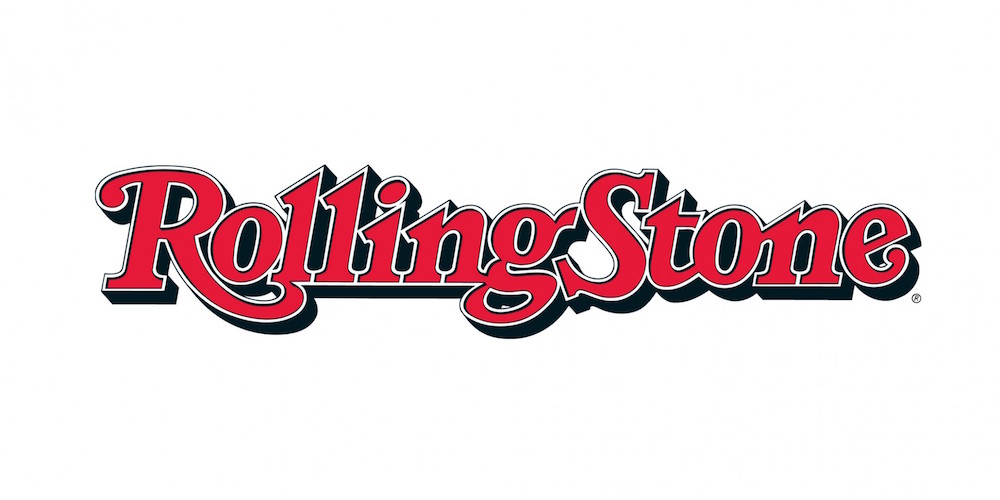Over the weekend, Wenner Media announced that BandLab Technologies, a Singapore-based music-oriented social media startup, has purchased a 49 percent stake in Rolling Stone. The stake doesn’t include ownership in Wenner Media, the magazine’s corporate parent that also publishes Us Weekly and Men’s Journal. Following the sale, BandLab and Rolling Stone will form Rolling Stone International, a new subsidiary aimed at pushing the magazine’s brand across the world.
“We have the quality that most matters, a brand that means something to people and elicits an emotional response,” Gus Wenner, the 26-year old head of digital operations and son of magazine founder Jann Wenner, told the WSJ. Gus also said that the brand partnership will seek to expand Rolling Stone‘s presence in merchandising, live events, and hospitality. (In related news, the New York Post reported that Gus would succeed his father as the magazine’s editor-in-chief in 2017.)
The sale is the first time Rolling Stone has accepted outside investment. Though the website’s readership is strong, and the company’s brand remains instantly recognizable, the magazine has slimmed down over the years, reflecting thinning ad sales as the industry adjusts to the digital present. Reportedly, BandLab won’t have anything to do with Rolling Stone‘s editorial content, though the line between church and state tends to blur whenever money is introduced to the mix. (Financial terms were not disclosed.)
BandLab, by the way, makes for an interesting partner. It’s an app where “musicians and music fans from all over the world can come together to make, collaborate on and share Music,” as its website notes. (According to Applyzer, it’s the 123rd most used iOS app in America.) It isn’t clear whether BandLab is indemnified against financial liabilities related to a string of defamation lawsuits filed against the magazine in the wake of a since-retracted 2014 piece about alleged rapes at a University of Virginia fraternity.
Rolling Stone is the only iconic music publication in the world to have survived across multiple generations—its hippie teen readers who once applauded Jimi Hendrix’s “Star-Spangled Banner” cover are now old enough to complain about Kanye seeming like a jackass. But they aren’t the first music publication to make drastic changes in recent years: magazines have gone digital-only (Paste, SPIN, Vibe), rolled back monthly publication to a part-time schedule (XXL), sought corporate ownership (Pitchfork, Complex), or shut down entirely (Blender). A cynic might say it’s end times when the industry standard has to scrounge up cash from outside sources, but like everyone else, they’re beholden to prevailing trends.





